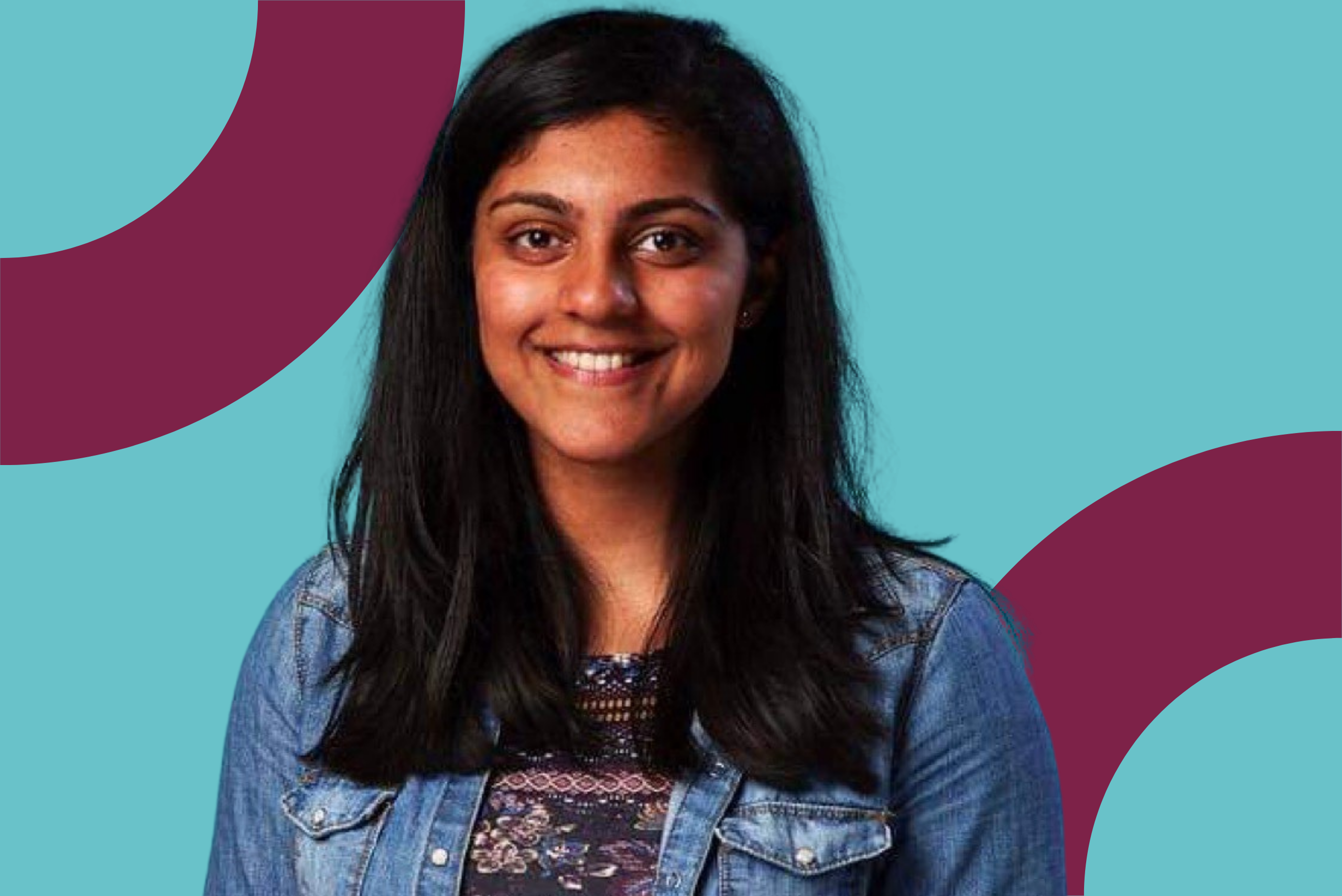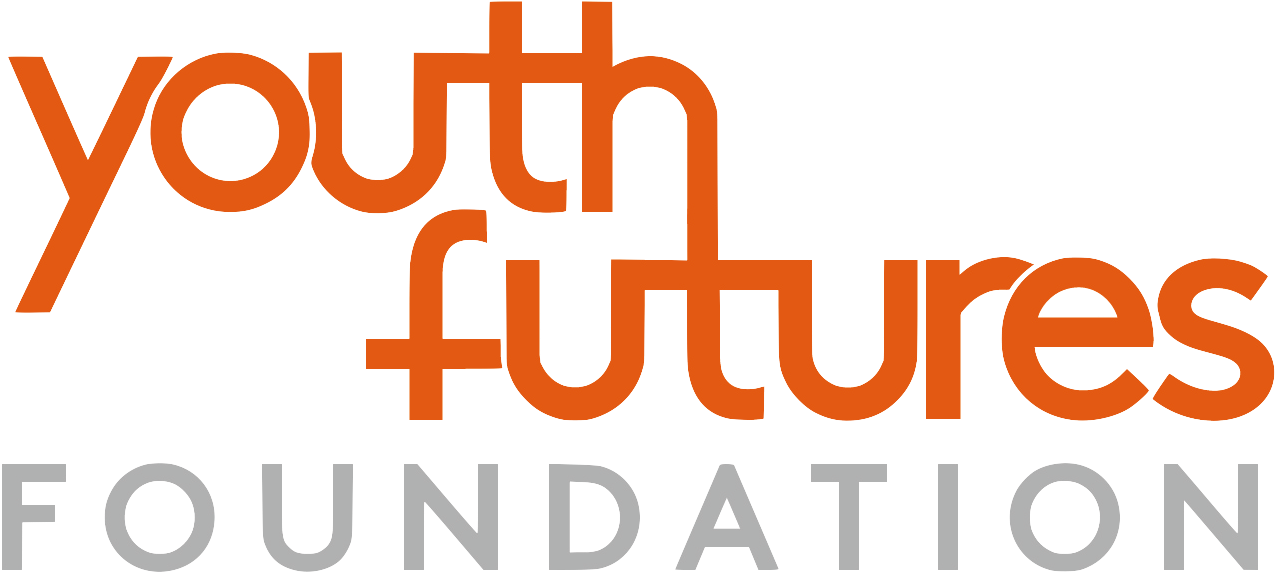Tricky transition points - Reena's journey

As part of South Asian Heritage Month, our Marketing and Communications Executive, Reena Staves, reflects on her journey navigating the transitional period between Further and Higher Education and how her Pakistani heritage has impacted this.
My journey to university was shambolic. I’m not even joking. I mean, the actual ‘doing of university’ was fine(ish), but believe me: everything leading up to it was *messy*. I wish I could offer up some noble, well-rounded narrative about how I followed my dreams and pursued the career I’d been fantasising about since I was a little one. The truth is none of it turned out the way I thought it would, and I kind of love that.
I didn’t know what I wanted to do. I wasn’t aware of all my options and the employment advice I received was so generic I may as well have ripped it out of the Yellow Pages. I was so confused, and I was confused about more than just my future education or employment plans.
As a South Asian woman of Pakistani heritage born and raised in the deepest depths of South Yorkshire, I wasn’t surrounded by people who looked like me. So that was a bit tricky, and I often felt a bit like I stood out when what I wanted to do was the opposite.
As the youngest of three by about ten years, my siblings were adults by the time I could hold a proper conversation, so growing up it was mainly just my mother and I navigating the world together, surviving and trying to understand each other. It would be much later in life that I would learn of this incomprehensively huge family I have, and the complicated reasons my mother chose to raise us on her own. That’s another story.
Because I was so unsure of my identity and roots, and I didn’t really have the vocabulary or confidence to address it, I always felt this anxious compulsion to bury it and, worse, fit in. Yuck. Some might call this suppression of emotions a ‘recipe for disaster’ and, Reader, they would be on to something! So, whilst I was busy trying to erase all semblance of indication that I might be ‘different’, my mum was at home lovingly cultivating a space that was an homage to the South Asian heritage she knew and left behind. It was beautiful.
*
Reflecting on the process of applying to university, I realise how much pressure I put on myself. When it was time to start thinking about my future career plans, I pretty much knew I was going to go to university. It seemed as though the only alternative options were vocational apprenticeships or going straight into work, and I wasn’t interested in either. I was the first person in my family to go to university, so not only did I feel that shoulder-crushing weight, but I felt such dread at knowing I basically had to navigate this process on my own. I think that’s where it went a bit wrong…You see, because I didn’t know anyone who had been to university, I didn’t really know what I was doing. I just followed the crowd.
This ‘path’ I was walking on felt dangerously precarious. I ended up selecting a course based on what I was good at and not what I enjoyed (otherwise we might have had a Historian on our hands) and I decided I should be a teacher. I didn’t research the institutions I applied to properly or compare the differences between courses. My approach was to establish a 200-mile radius around my hometown and pinpoint institutions that *significantly* exceeded that boundary.
During those two-years at sixth form college, I pushed myself harder than I ever had; at times sacrificing my mental wellbeing in pursuit of an A*. I was frustrated at my mother for not being able to help me complete all the jargon-filled forms, like student finance, and for not knowing all the answers to the issues I was experiencing. I was anxious, not knowing how else I could make something of my life than achieving the goals I had set myself. By the time I had finished my second year of college, I had indeed achieved straight A’s, but at such a cost to my mental and physical health that it felt entirely bittersweet.
Something I got so wrong about this whole journey was believing I was doing it on my own.
My mother wasn’t able to help me with the administrative side of applying to university, but she listened and comforted me when it felt like I had reached an impasse. She wasn’t able to read or analyse my essays, but she let me work undisturbed and stayed up with me as late as her routine allowed, making me a tea or giving me a cuddle. Sometimes, when it got really late, (we’re talking passed TV Soap time) she would put a Bollywood film on in the background to soothe the silence.
A familiar memory is one of me of stepping off the bus from college, walking up the road to my house and seeing steam bursting out of the door as my mum busily prepared a feast for both of us (every night). She’s never got used to cooking for fewer than ten people, and she refuses to buy kitchen equipment that would enable her to do so. Every meal, then, was always produced in heavy-bottomed, industrial sized, stainless-steel pots, which must have been about a quarter her size. I’m not exaggerating. And it was this that gave me so much comfort.
*
When I realised that I didn’t want to be a teacher, about halfway through my second year of university, I felt conflicted. Was all that hard work for nothing? This was a goal that I’d been working towards for years; I had already secured a place on a teaching programme! So, when I decided to risk this stability by nominating myself to be my Students’ Union’s next Welfare Officer, a role which involved campaigning to win, I felt like a new person.
Putting myself through that process felt like a constant battle against my instincts: I was used to safety and minimising potential risk, and there I was debating, doing lecture shout-outs in front of hundreds. We love growth!
It’s horribly cliché, but if I could give my younger self any piece of advice it would be to hone in on that uncertainty. Not knowing what I wanted to do was a blessing – I was gifted the opportunity of choice. Any sort of transition, no matter how much you think you’re prepared, can always be difficult. It’s okay not to know what you want to do and it’s more than okay to change your mind.
Working for an organisation like Youth Futures Foundation, I’m reminded of this journey often and the barriers I had to overcome as a South Asian woman to succeed in university and after. I’m energised by the effort to reach young people who face disadvantage and ensure they have access to as many opportunities as they need to pursue the career they want to.

